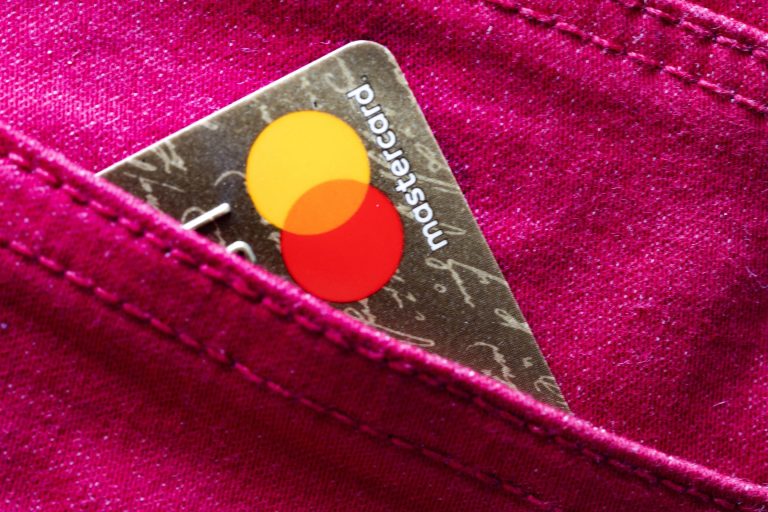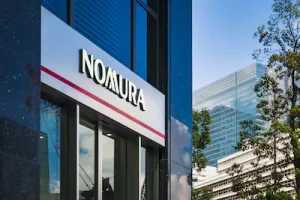Mastercard Reportedly Nears $2 Billion Acquisition of Crypto Infrastructure Firm ZeroHash

In a major strategic move that could reshape its digital asset operations, Mastercard is reportedly finalizing a deal to acquire crypto infrastructure startup ZeroHash for nearly $2 billion. The acquisition, if completed, would mark one of the largest traditional finance entries into crypto infrastructure to date. Industry insiders suggest the deal reflects Mastercard’s growing ambition to expand its blockchain capabilities and integrate regulated crypto services across its global payment ecosystem, positioning the company at the forefront of the evolving digital financial landscape.
Mastercard’s Strategic Pivot Toward Digital Assets
Mastercard’s pursuit of ZeroHash highlights its accelerating shift toward the digital asset economy. The global payments giant has steadily expanded its crypto engagement through partnerships, blockchain experimentation, and compliance-driven payment innovations. The reported deal would allow Mastercard to move beyond enabling crypto transactions to directly offering regulated custody, settlement, and tokenization infrastructure.
ZeroHash, a Chicago-based fintech platform, provides crypto-as-a-service solutions that enable businesses to integrate trading, staking, and digital asset transfers without having to obtain regulatory licenses themselves. By acquiring the firm, Mastercard would gain immediate access to a robust compliance-ready framework—a critical advantage in a sector where regulation is both fragmented and rapidly evolving.
If finalized, the acquisition would reinforce Mastercard’s long-term strategy to bridge the gap between traditional finance and blockchain technology. It signals the company’s intention to build a scalable foundation for the next phase of global payments innovation, one that merges digital currencies with mainstream financial networks.
Inside the ZeroHash Advantage
ZeroHash has built its reputation as a backbone provider for fintech and crypto firms seeking seamless integration with the digital asset economy. Its technology supports cryptocurrency trading, stablecoin payments, and staking functions, all within a fully regulated environment.
The platform’s clients reportedly include neobanks, brokerages, and emerging fintech startups that rely on its infrastructure to offer digital asset products to customers. With over Rs. 166 billion in transaction volumes processed since inception, ZeroHash has established itself as a trusted intermediary between crypto markets and regulatory oversight.
For Mastercard, acquiring such a platform offers twofold benefits—technological depth and regulatory readiness. The integration would allow Mastercard to provide banks and payment processors with ready-made crypto services, reducing compliance risks and simplifying market entry for institutional clients.
Deal Valuation and Market Implications
According to individuals familiar with the matter, the all-cash transaction could be valued close to $2 billion (approximately Rs. 166 billion). Negotiations are reportedly in advanced stages, though final terms may still evolve depending on regulatory approvals and board decisions.
This potential acquisition follows Mastercard’s earlier initiatives in blockchain partnerships and its pilot programs in central bank digital currency (CBDC) interoperability. By integrating ZeroHash’s capabilities, Mastercard could accelerate its transition from a payments processor to a full-scale digital financial network.
Industry analysts suggest the move could place Mastercard ahead of its rival, Visa, in the race to build institutional-grade crypto infrastructure. While Visa has focused primarily on partnerships and pilot integrations, Mastercard appears intent on internalizing crypto technology as a core business capability.
Regulatory Considerations and Strategic Outlook
Any acquisition of this scale in the crypto sector will face regulatory scrutiny, particularly in the United States. With the Securities and Exchange Commission (SEC) intensifying oversight on digital asset service providers, Mastercard’s acquisition strategy likely hinges on ZeroHash’s established regulatory footprint, including its Money Service Business (MSB) and state-level licenses.
If approved, the merger could redefine how traditional financial institutions access crypto markets. Mastercard’s vast global network—spanning over 210 countries—would provide a powerful distribution channel for ZeroHash’s infrastructure. It could also pave the way for Mastercard to support tokenized assets, cross-border payments via stablecoins, and digital identity solutions using blockchain technology.
Broader Industry Impact
Mastercard’s reported acquisition underscores a broader trend: the convergence of fintech innovation with institutional-grade compliance and security. The move reflects how legacy financial players are transitioning from cautious observers of crypto to active participants shaping its infrastructure.
Should the deal close successfully, it could ignite a new wave of consolidation across the crypto infrastructure space, with payment processors, banks, and technology firms seeking similar acquisitions to strengthen their blockchain portfolios.
For the crypto ecosystem, Mastercard’s entry at this scale offers a degree of validation. It signals that blockchain-based financial services are no longer peripheral experiments but integral to the future of finance.
Conclusion
Mastercard’s potential Rs. 166 billion acquisition of ZeroHash represents more than a corporate expansion—it symbolizes the mainstreaming of digital asset infrastructure. By acquiring a regulated, technology-driven crypto platform, Mastercard positions itself to lead the next generation of payment innovation built on blockchain efficiency and financial inclusivity.
As traditional finance and crypto continue to converge, such strategic moves highlight a defining moment in global finance: the emergence of a hybrid system where digital assets coexist seamlessly within the regulated financial ecosystem.




